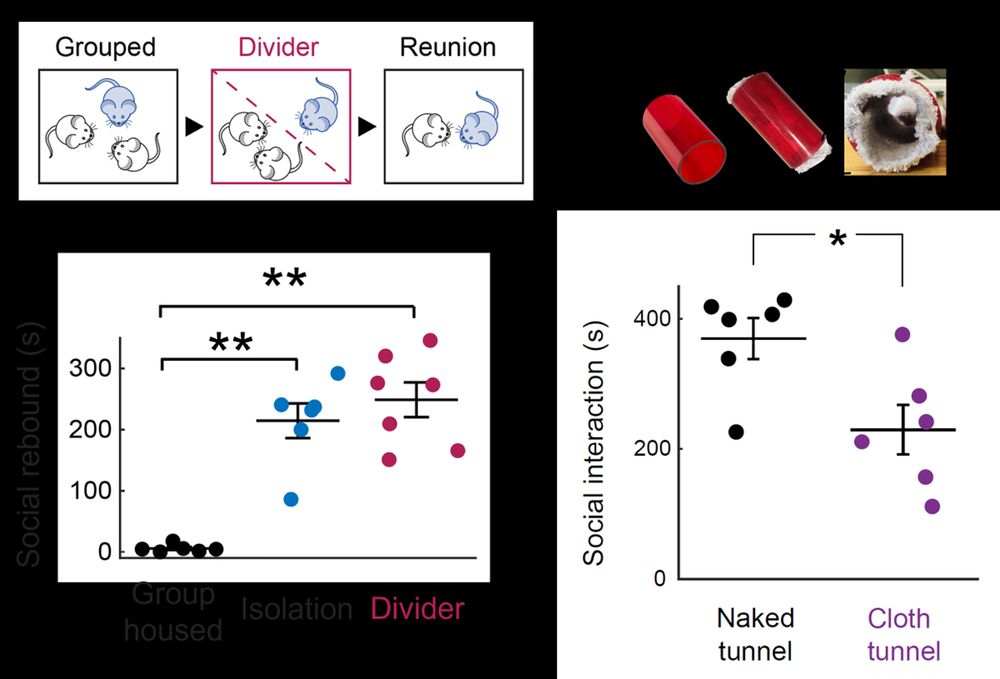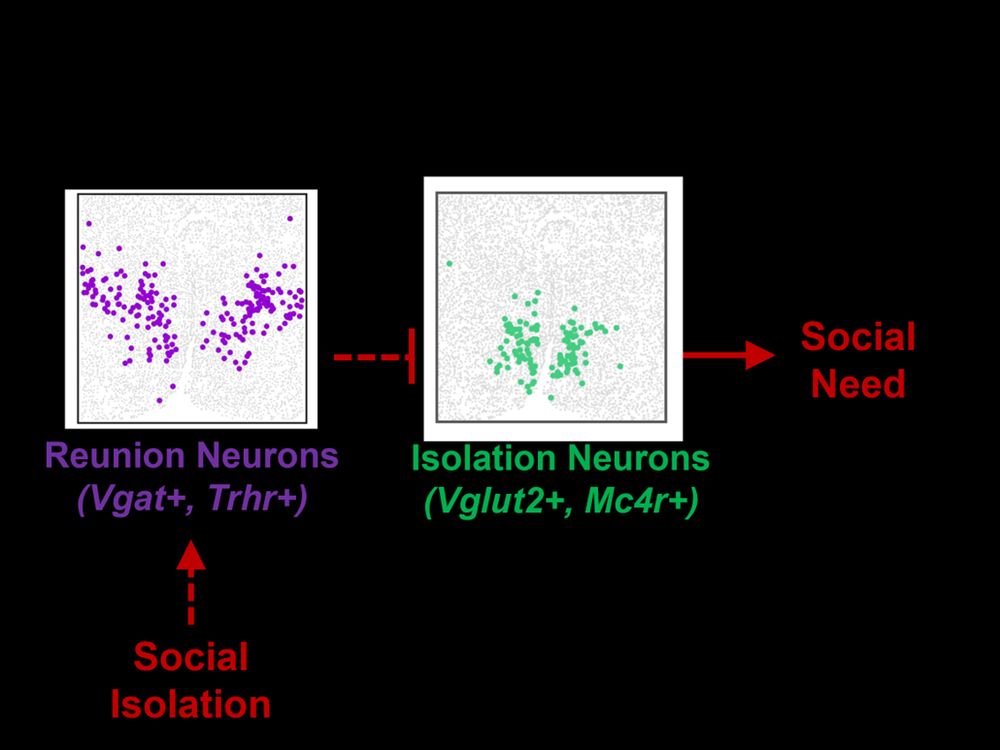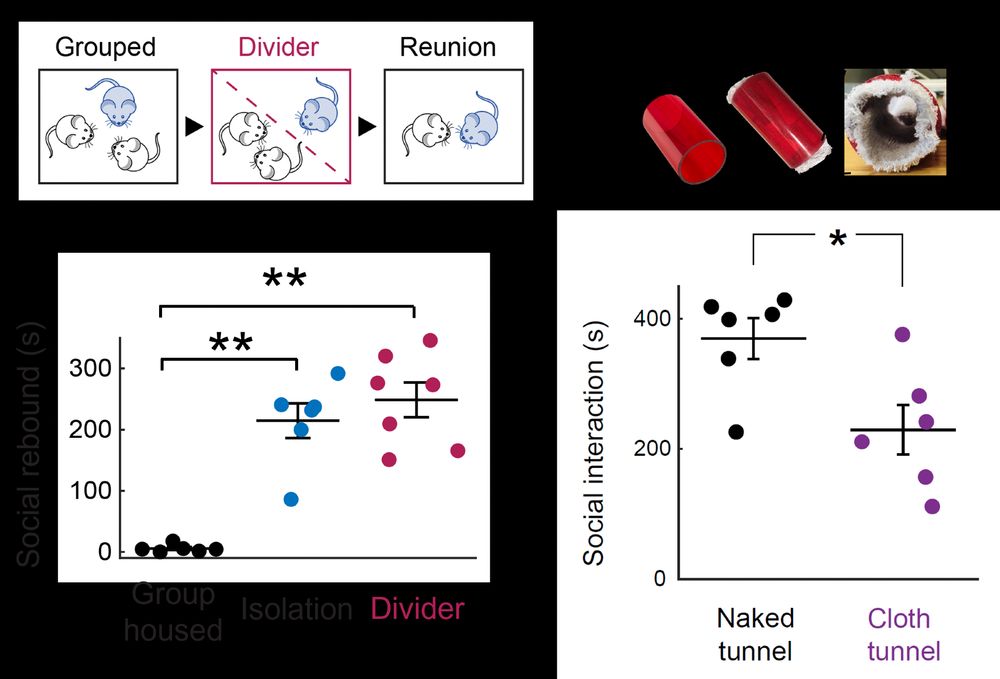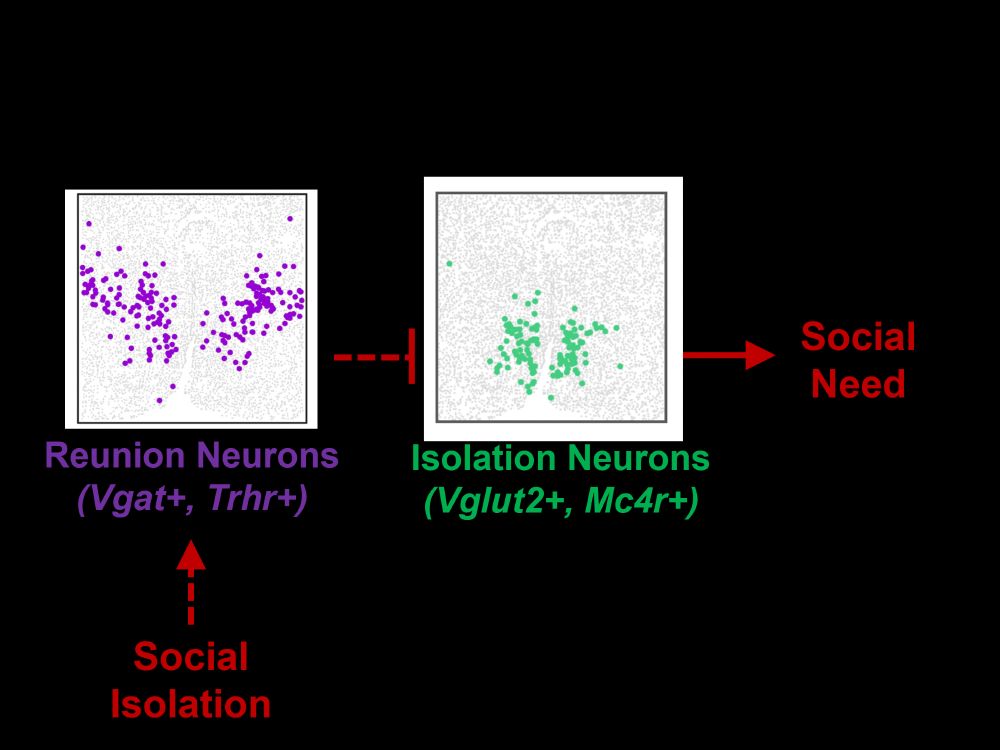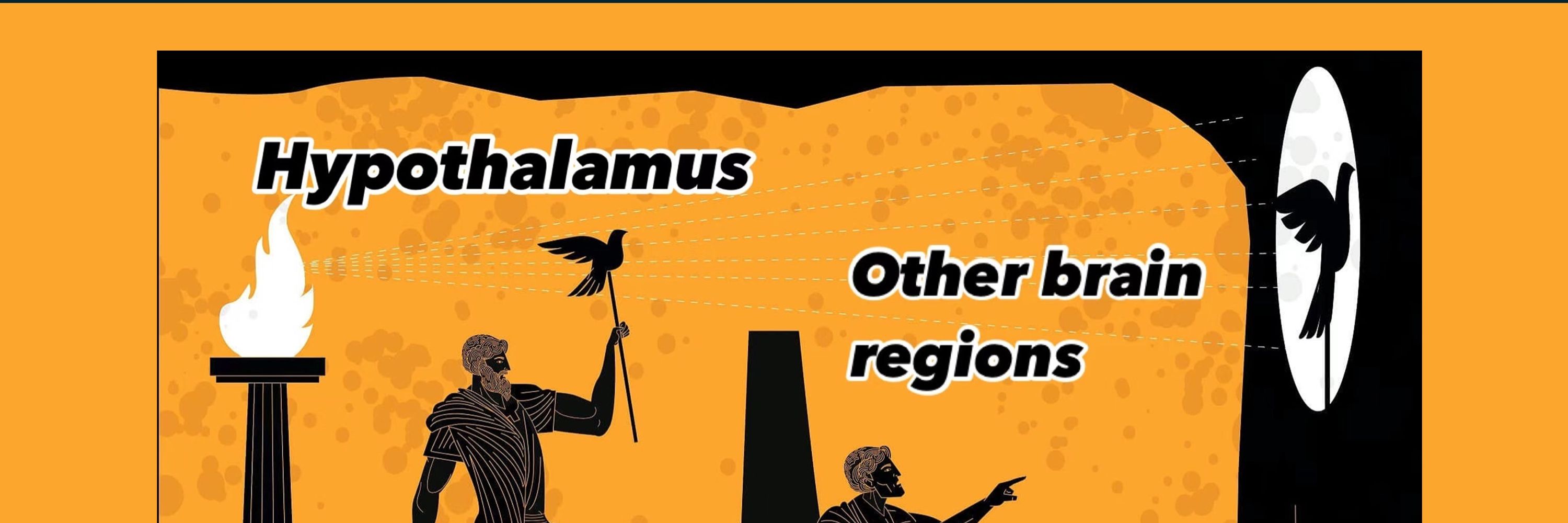
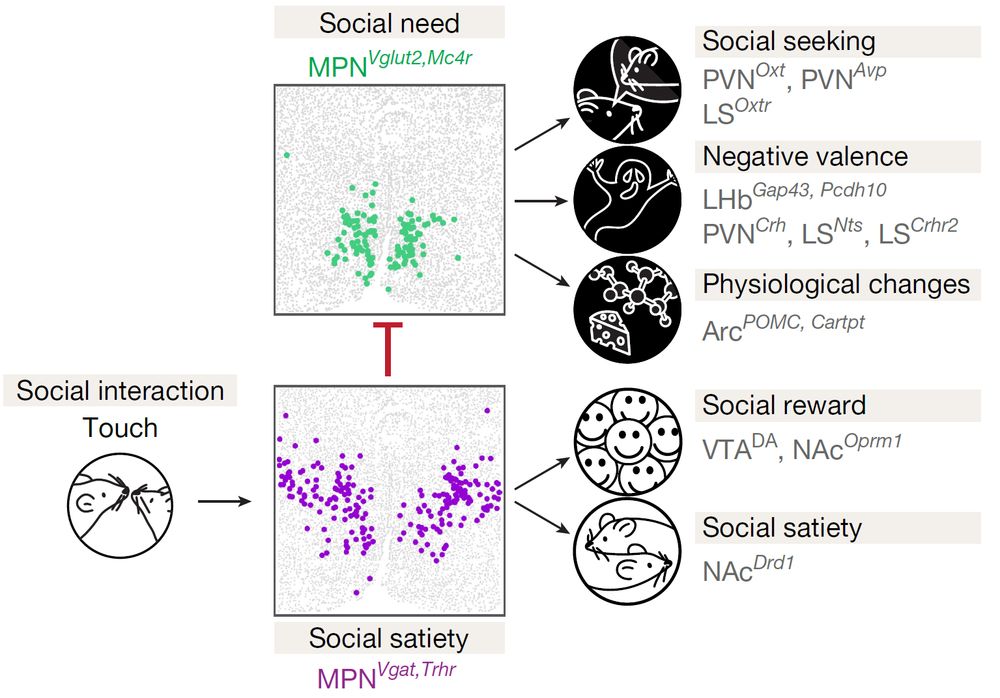
www.nature.com/articles/s41...
By tinkering behaviors and neural circuits in distinct animal species (mouse, sugar glider, etc), we are exploring new ways of doing social neuroscience in vivo, in silico and at home!

By tinkering behaviors and neural circuits in distinct animal species (mouse, sugar glider, etc), we are exploring new ways of doing social neuroscience in vivo, in silico and at home!
From @dulaclab.bsky.social and colleagues, first author @dingliu.bsky.social
@naoshigeuchida.bsky.social
news.harvard.edu/gazette/stor...
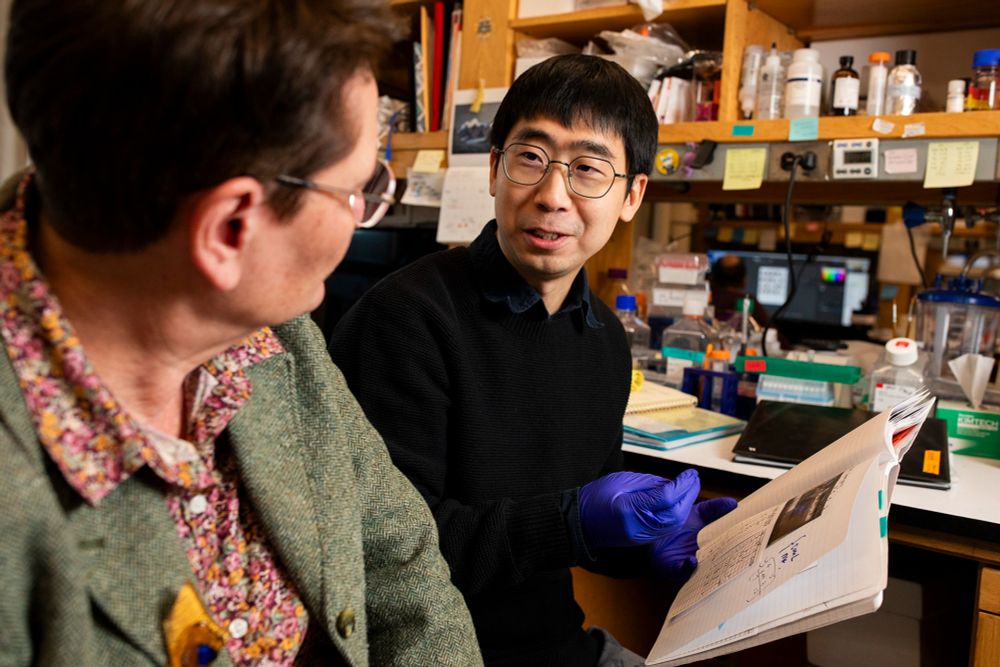
From @dulaclab.bsky.social and colleagues, first author @dingliu.bsky.social
@naoshigeuchida.bsky.social
news.harvard.edu/gazette/stor...
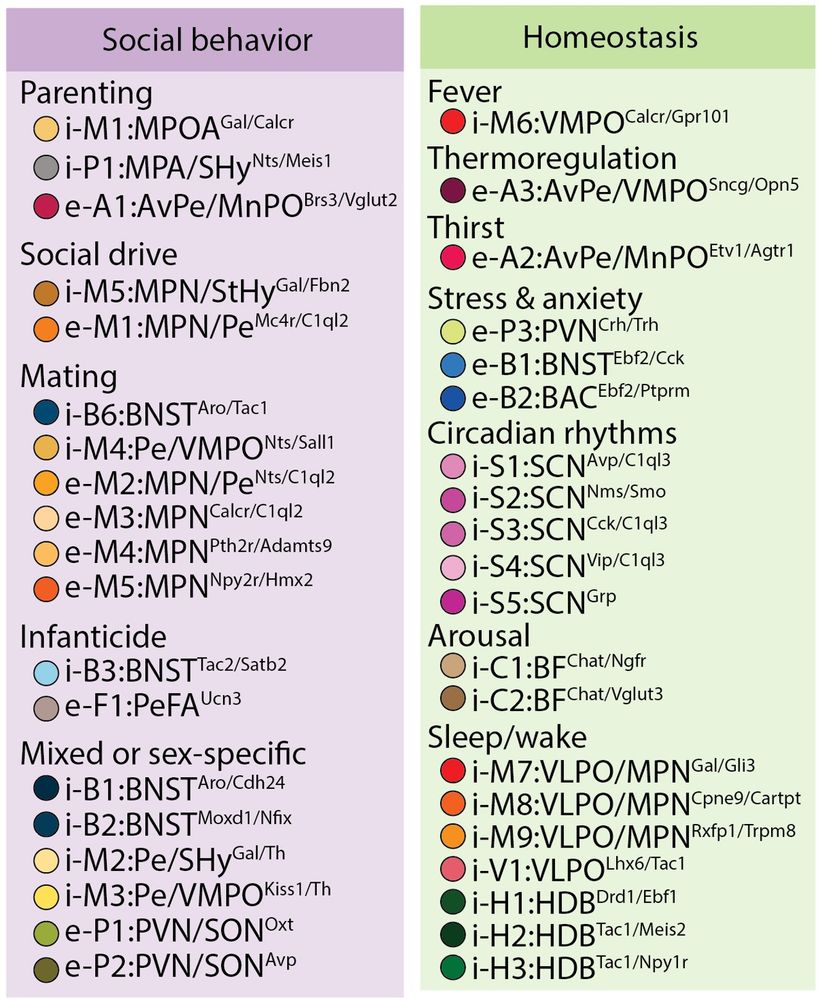
www.nature.com/articles/s41...
www.mcb.harvard.edu/department/n...
@dulaclab.bsky.social @harriskaplan.bsky.social @blogeman.bsky.social @harvardbrainsci.bsky.social

www.nature.com/articles/s41...
🧠🧪🤖💡 #Science #Neuron
www.mcb.harvard.edu/department/n...
@dingliu.bsky.social @blogeman.bsky.social @dulaclab.bsky.social @naoshigeuchida.bsky.social @harvardbrainsci.bsky.social @neurovenki.bsky.social @rachellegaudet.bsky.social
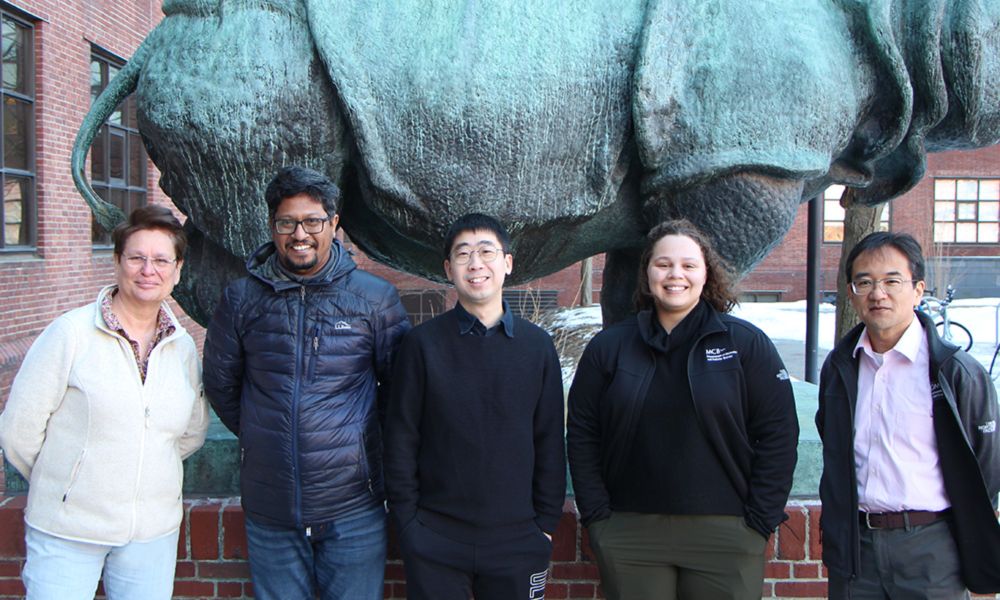
🧠🧪🤖💡 #Science #Neuron
www.mcb.harvard.edu/department/n...
@dingliu.bsky.social @blogeman.bsky.social @dulaclab.bsky.social @naoshigeuchida.bsky.social @harvardbrainsci.bsky.social @neurovenki.bsky.social @rachellegaudet.bsky.social
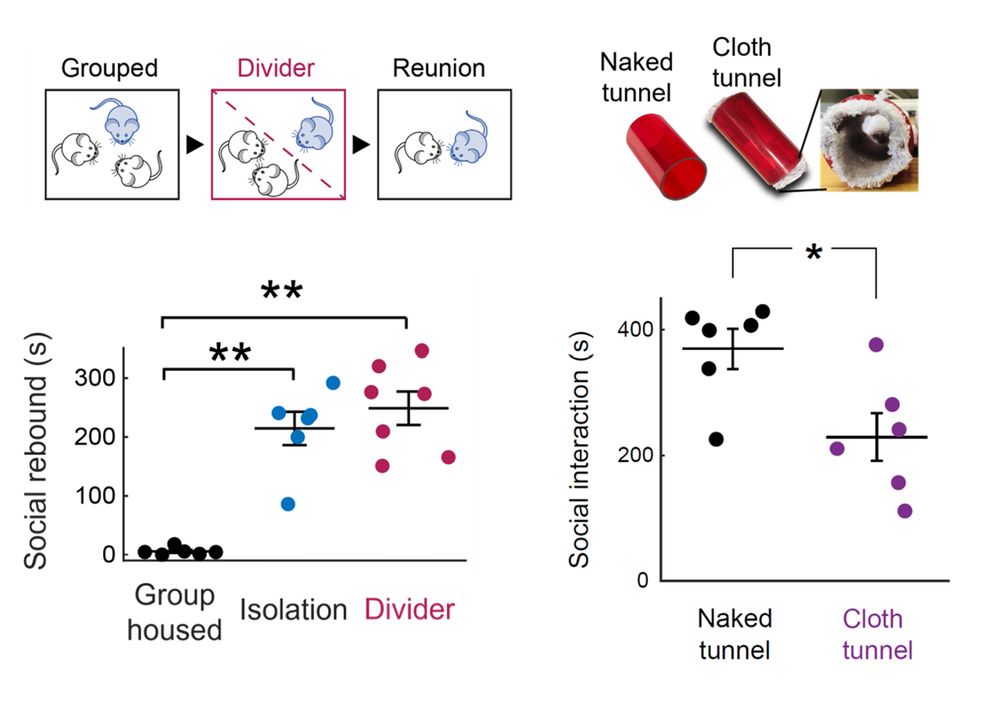
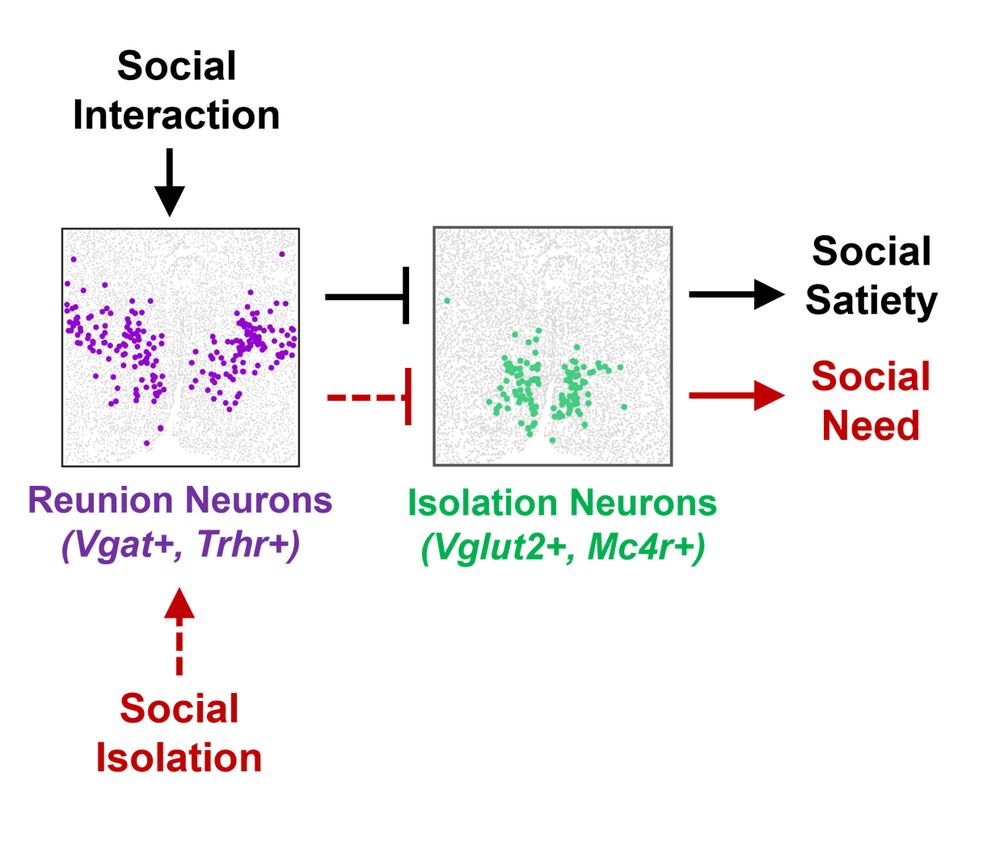
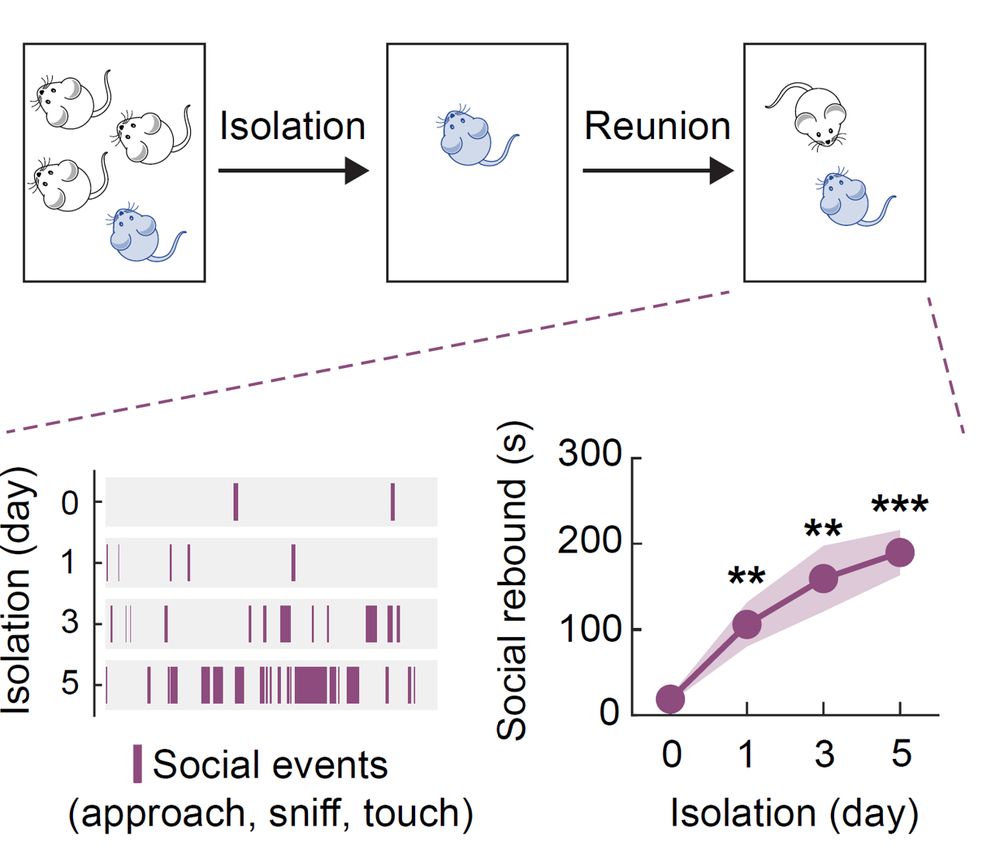
www.nature.com/articles/s41...

www.nature.com/articles/s41...
